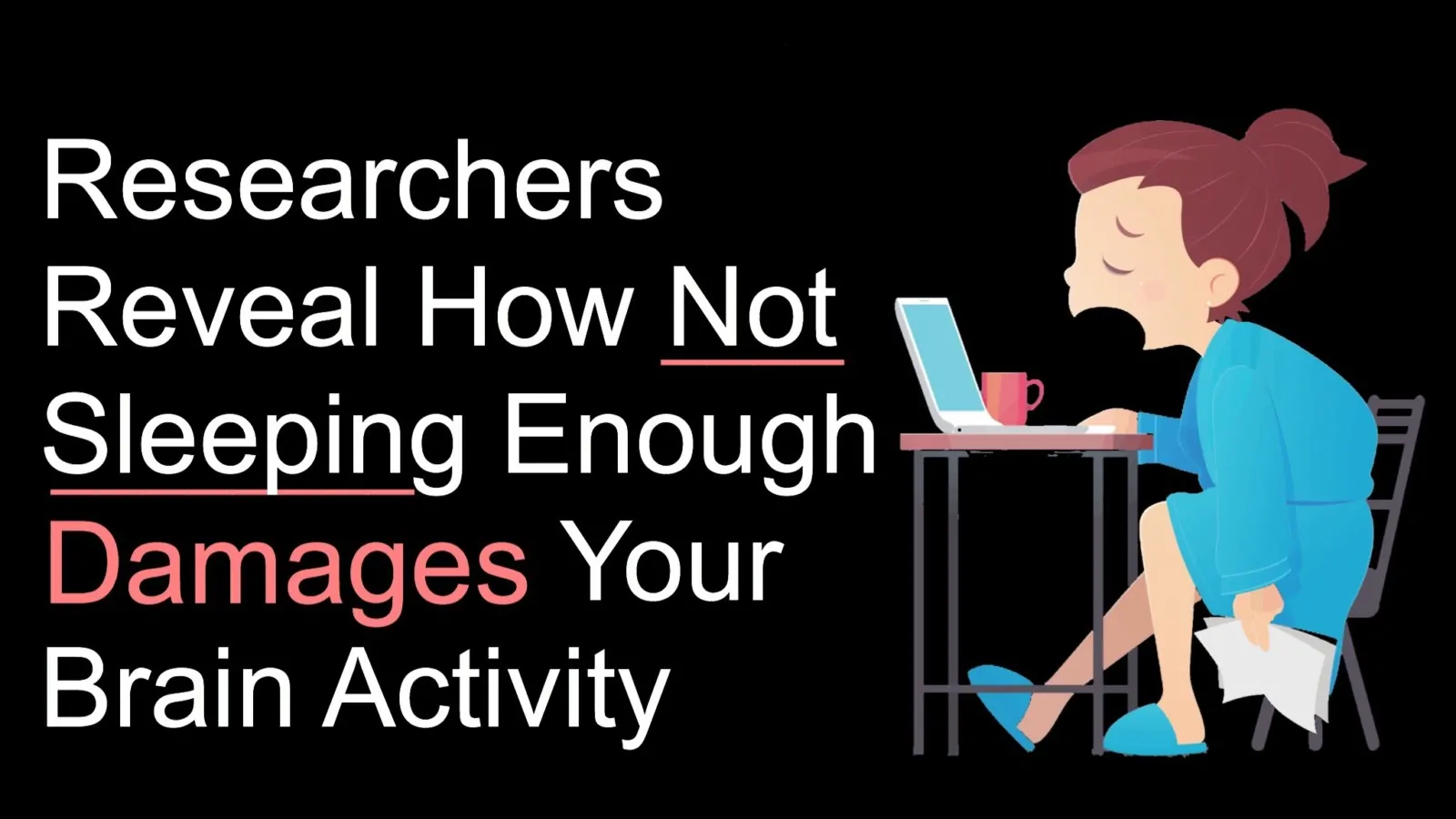“A big part of depression is feeling really lonely, even if you’re in a room full of a million people.” – Lilly Singh
Depression can be an overwhelming thing to deal with. It can make you feel exhausted, worthless, helpless and hopeless. Depression can affect your eating habits, your sleep schedule, your work, your relationships – everything. When you’re dealing with major depression, your whole life seems to come to a stop and it feels like there’s no way to work around it or get free.
Fortunately, there are ways to help avoid this feeling before it even begins. Sometimes, depression is in the brain – chemicals misfiring, or not firing at all. Other times, depression can be triggered by outward events. Understanding the common causes and learning how to avoid them can help keep your outlook on life a positive one.
8 CAUSES OF MAJOR DEPRESSION (AND HOW TO AVOID IT)
1. FEELING TOO STRESSED OR OVERWHELMED
If you find yourself constantly overworked, with work deadlines, chores, family problems, relationship issues – you may be on your way to not being able to deal with any of it at all. Knowing your limits is the perfect way to stop this particularly trigger of depression right in it’s tracks.
Being able to say ‘no’ to certain things to keep your workload manageable is something everyone should learn to do, for their own mental health. If something becomes obligatory, like a work deadline, break it up into manageable pieces and only work on what’s in front of you, then move on to the next portion.
2. POOR HEALTH
Being diagnosed with a health condition can worsen or trigger depression, especially if the health concern is serious and requires immediate attention. It can seem like nothing else in your life matters but dealing with whatever you’ve been diagnosed with. On the other hand, depression can also cause different types of illnesses, and even that can worsen or lengthen your depression. To minimize this trigger,
On the other hand, depression can also cause different types of illnesses, and even that can worsen or lengthen your depression. To minimize this trigger, focus on your health first. Having a treatment plan in sight can help take some of the stress off, and alleviate your depressive symptoms.
3. MONEY PROBLEMS
Anyone can struggle with financial problems. Money issues are a major cause of stress and anxiety in many adults, regardless of their history with depression. Perfectly mentally healthy adults can deal with an overwhelming amount of stress when it comes to money.
The best way to stay on top of money problems without letting the stress drag you into a depression, is to be proactive. Make a budget, make a savings plan, and stay connected with a support network of friends and family. Try to spend time with people in ways that are free or low cost so that you don’t isolate yourself from having a community, which can further worsen your depression.

4. WEIGHT PROBLEMS
Being overweight can worsen a person’s depression. The issue with depression is that sometimes, we overeat to deal with it. Stress and anxiety can cause overeating as well. This will bring you back into the same cycle of being overweight, being depressed, and then overeating to compensate for those feelings.
The best way to break the cycle and get yourself out of this particular depression trigger is to make a long-term plan for yourself in regards to lifestyle changes such as a healthy diet and eating habits, as well as exercise. Exercise will make you feel more energized and help combat the symptoms of depression, while also helping you maintain your weight.
5. LIFE CHANGES
Major life changes that cause strain and stress in our lives can be a major cause of depression. A death of a friend or family member, or the end of a marriage or long-term relationship, can cause anyone to fall into a major depression. The important part is to still allow yourself to grieve that loss without allowing it to turn into a depression.
Stay connected with your friends and family. Build a support system that will help you in your time of great emotional need. If you allow yourself to stay isolated, you may be at risk of allowing your grieving period to become never-ending in the form of major depression. Even seeking out a therapist for a short amount of time while you’re dealing with this major life event can be helpful.
Even seeking out a therapist for a short amount of time while you’re dealing with this major life event can be helpful.
6. BAD SLEEPING HABITS
The tricky thing with sleep is that depression can cause poor sleeping patterns, and poor sleeping patterns can cause depression. Trying to figure out which way it goes can be difficult. However, fixing your sleeping habits will help alleviate some of your depressive symptoms altogether, and maintaining a good sleeping pattern will ensure you don’t trigger another depressive episode.
The best way to do this is to go to bed and wake up at consistent times. You should also make sure all electronics are off when you get into bed, and perhaps even beforehand, because they can be stimulating in ways that stop your brain from falling asleep.
7. SUBSTANCE ABUSE
Allowing yourself to use drugs or alcohol as a way to alleviate feelings of depression may only trigger your depression more. The buzz of being drunk or high on drugs can feel good for a little while, but in the end, you’ll just be right where you started.
The best way to deal with this if you think you may be struggling with substance abuse is to talk with your friends and family and create a support network – then, speak directly with your doctor and have them help you come up with a plan to combat your substance abuse problems.
8. LOSS OF JOB
Losing your job is a major life event that can trigger a lot of different things that can cause depressive episodes: the loss of the job itself, money problems from losing your steady income, a major life change. Losing your job suddenly can be a daunting situation, but being able to look to the bright side will help keep your depression at bay.
Update your resume now that you have this past job experience under your belt, and look forward to all the things that you can do in the future. Stay connected with your support network of friends and family who can help you during this difficult transitional period.
Life can throw us a lot of curveballs, and sometimes our own bad habits can be our downfall. The most important thing to remember is that depression doesn’t last forever, and even if it feels like you’ll never be able to lift yourself out of those feelings, there are ways to alleviate the symptoms. Taking every day one step at a time is the most important factor in avoiding major depression.

















